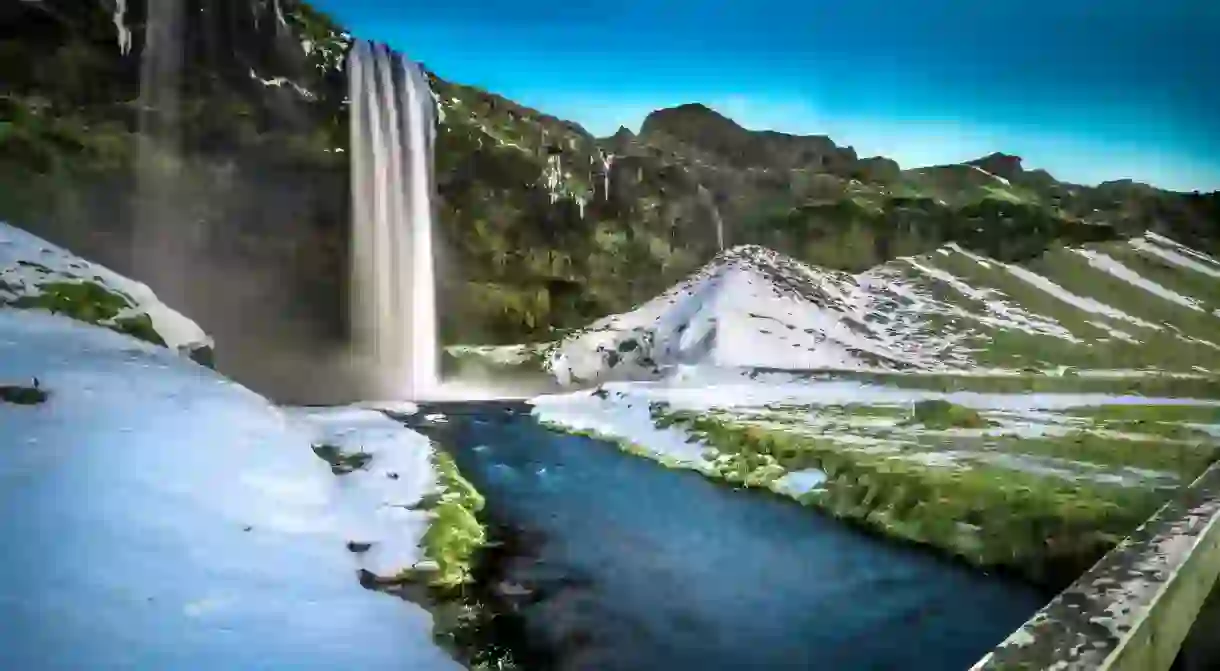Countries With the Most Internet Freedom Have Been Revealed, Here's What it Means

According to a report for 2017 from Freedom House report called “Freedom on the Net,” Iceland and Estonia have the highest internet freedom worldwide. With 65 countries being assessed, covering 87% of the world’s internet users, the survey looks at how government policies and different practices related to digital media freedom in each country affect the improvements and declines of internet use.
Both Estonia and Iceland had unchanged scores from the previous two years, with Canada, Germany, Australia, and the United States following closely behind. This year, China had the lowest levels of internet freedom, a consistent rating for the past few years, followed by Syria, Ethiopia, Iran, and Cuba. The way in which the survey is conducted is through categorized scores measuring obstacles to access, limits on content, and violations of user rights, among others. Each low score corresponds to higher internet freedom.

With Iceland’s Pirate Party taking up more seats in parliament, it comes without surprise that the country’s internet freedom rates are top in the world. Iceland is deeply enmeshed in politics. The Pirate Party’s internet-friendly message has appealed especially to young people, with recent polls showing nearly half the country supports them. During the scheduled parliamentary elections in October of 2016, the conservative and long-standing Independence Party gained a majority of the votes while the Pirate Party’s popularity still increased. The Pirate Party is aligned with a similarly-minded network of Pirate Parties based in many countries, although Iceland’s was the first to win seats in a national election.

It comes as no surprise that Iceland is an international leader in the promotion of free speech, especially after the 2010 initiative launched by the Icelandic parliament to promote the protection of free speech in the media, which had aims in turning Iceland into a magnet for journalists and whistleblowers. Not surprisingly, social media platforms and digital tools are used increasingly for activism in Iceland. Perhaps because of its small population, there is an even greater sense of solidarity with the majority of the population active on social media such as Facebook, which was used with great effect to engage the public in the redrafting of the Icelandic constitution in recent years.
There are no government-imposed restrictions on connectivity in Iceland, and there are multiple channels of access connecting the country to the international internet through three submarine cables: FARICE-1, DANICE, and Greenland Connect. Iceland also does not block any political, social, or religious websites and social media platforms are freely available to everyone. However, as in other Nordic countries, ISPs in Iceland filter illegal content as well as file-sharing websites.













